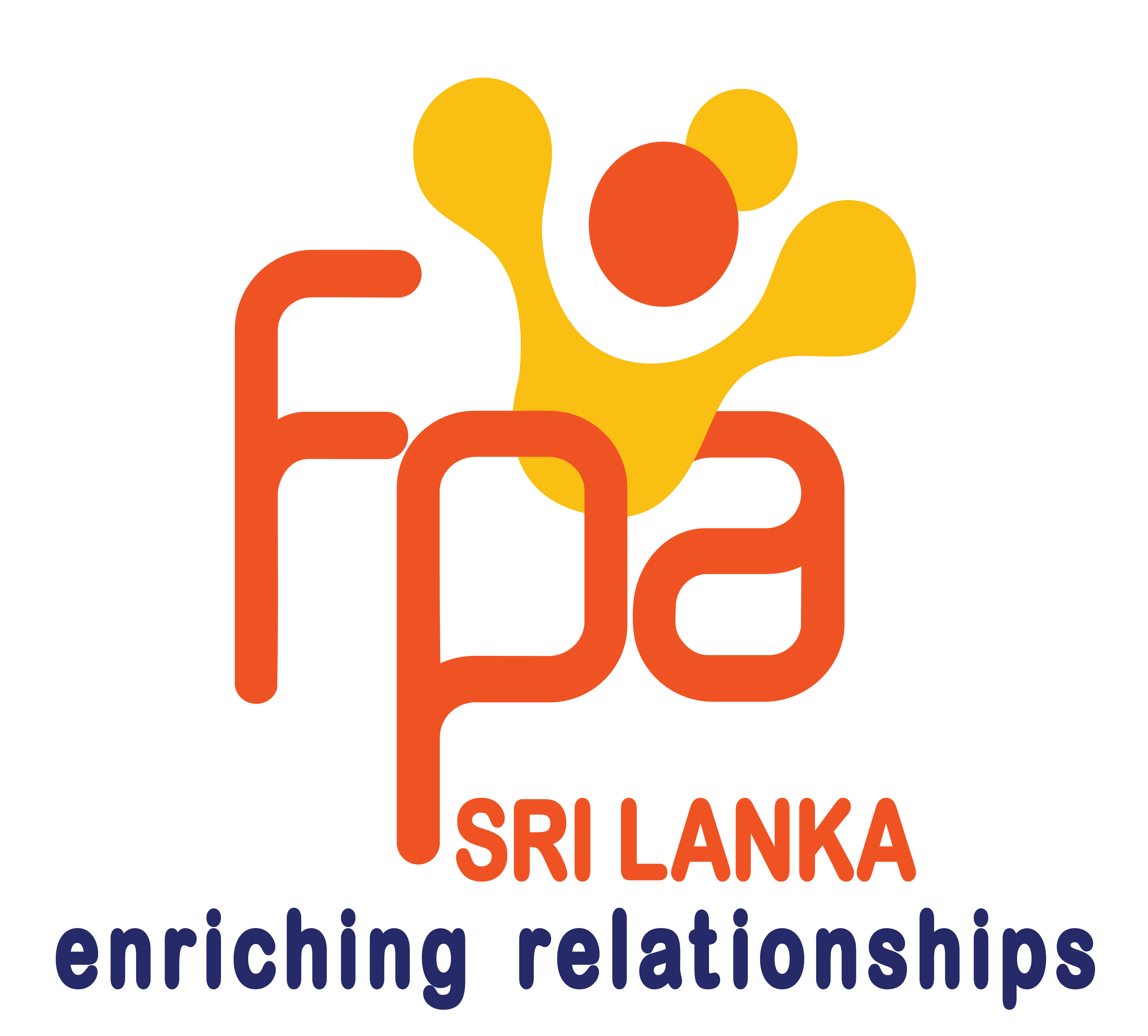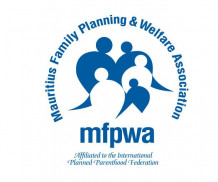

| 31 March 2016
Family Planning Association of Sri Lanka
Established in 1953, The Family Planning Association of Sri Lanka (FPA Sri Lanka), pioneered the concept of family planning in the country and is a non-governmental organization (NGO) that explores innovative and challenging processes of family planning in Sri Lanka. We are proud to be one of the most expansive and well known NGO's in the country that focuses on family planning, Sexual and Reproductive Health and welfare. Today FPASL focuses on providing services to marginalized and under-served communities, growing its SRH product range to enhance consumer choice and advocacy to ensure SRHR of all people in the country. FPA Sri Lanka advocates to increase political commitment to sexual and reproductive health education (with political and religious leaders). FPA works with community members specially youth to change norms and attitudes towards SRHR. It promotes the right to access SRH education through island-wide workshops. It seeks to eradicate unsafe abortion and liberalise abortion laws, and it aims to foster community involvement in projects. FPA works with the LGBTIQ community to address stigma and discrimination faced by the community. FPASL has six Service Delivery Points. Clinics offer a comprehensive range of sexual and reproductive health (SRH) services. These include contraception, counselling, diagnostic services, HIV and STI screening and voluntary counselling and testing. FPA Sri Lanka works closely both with the Ministry of Health. The average number of clients per year is 85,862, and average number of SRH services provided is 430,404. The Member Association also addresses key SRH and relationship issues faced by young through the Happy Life Call Centre. This centre provides information on sexual and reproductive health and rights (SRHR) to the general public through a range of new media tools. FPA Sri Lanka has developed a highly successful Social Marketing Programme (contraceptives). Today it’s the market leader in this product category and contributes around 40% of the total CYPs generated in Sri Lanka. By making a range of contraceptive products available to the consumers and supplementing it by the free FP services provided by the government, Sri Lanka has recorded a CPR of around 70%.

| 31 March 2016
Mauritius Family Planning & Welfare Association
Established in 1957 as a grass-root movement, the Mauritius Family Planning & Welfare Association (MFPWA) was one of the earliest organizations in Africa focusing on family planning issues. As the nation struggled to find a way to address pressing population issues, a group of advocates formed MFPWA and started to provide contraceptive services directly to women. In 2018 the MFPWA is governed by an Act of Parliament 2018 as a body corporate. Today, the organization caters for the sexual and reproductive health (SRH) needs of the whole community. It also has particular strands of activity relating to specific groups including sexually abused children, elderly people, men and marginalized populations on Rodrigues and Agalega Islands. MFPWA has 30 staff and 50 volunteers and offers services through 2 permanent facilities and several service points. It also runs a day care centre for infants and children as a social enterprise initiative. The Association delivers services that include family planning, the prevention and management of HIV through voluntary counselling and testing, infertility management, antenatal and post-natal care, post-abortion care, the diagnosis and treatment of sexually transmitted infections (STIs) and screening for cancers of the reproductive systems in particular breast, cervical and prostate. The Association began its first rehabilitation of sexually abused children in 2003 and has built a solid reputation in the domain. Services for the rehabilitation of victims of gender based violence had been extended to Rodrigues Island on a pilot basis in 2019. The Member Association also operates peer-educator-led outreach programmes targeting work places, namely: hotels, manufacturing industries, call centres, male-dominated sectors such as transport, police, agriculture and fisheries. MFPWA has played a critical role in promoting the integration of comprehensive sexuality education into the national school curriculum and its powerful, informed advocacy has been influential in shaping government’s agenda and policies on SRH and population issues. MFPWA partners with and advises government departments which address health, quality of life, women’s rights, child development, family welfare, social security and youth and sports. MFPWA works with a large number of non-governmental organizations (NGOs), para-statal and government institutions and international partners like UNFPA, Help Age International and the European Union.







